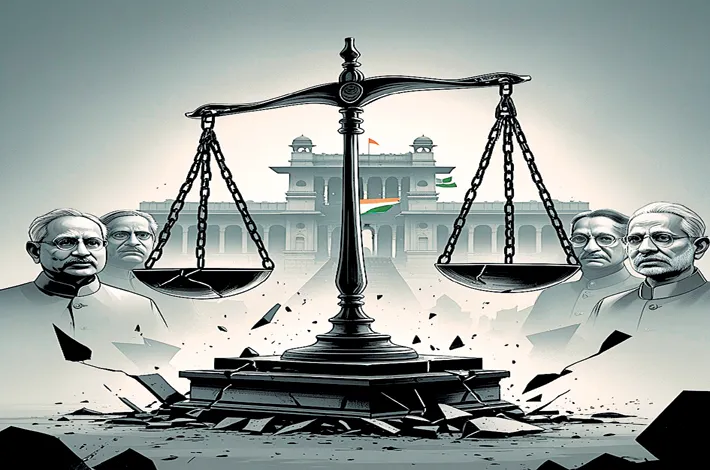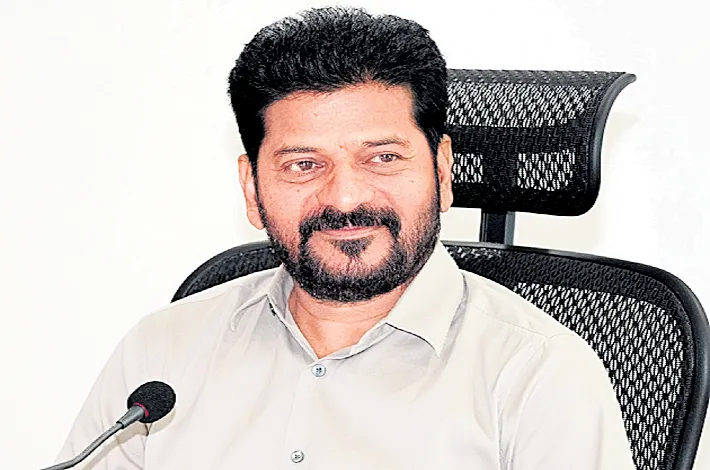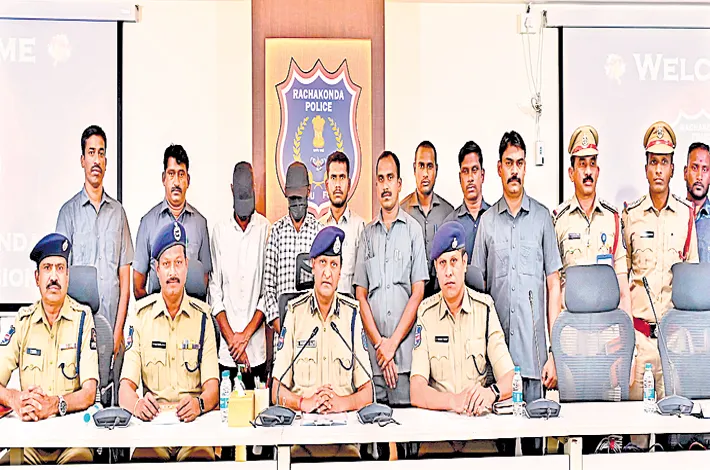“Love in the Fields of Punjab”
08-04-2025 12:00:00 AM

Their wedding was simple, held under the banyan tree as the sun dipped low. Simran glowed in a red lehenga, her hands hennaed with patterns of lotus and stars. Amandeep, in a cream sherwani, couldn’t stop grinning. The village blessed them with songs and sweets, the dhol thundering louder than ever
In the heart of rural Punjab, where golden fields of wheat swayed under the relentless sun, lived Amandeep and Simran—two souls bound by fate and a love as old as the soil they tilled. Amandeep, with his broad shoulders and calloused hands, was the son of a farmer, his days spent coaxing life from the earth. Simran, with her sharp eyes and a smile that could melt the frost off a winter morning, worked alongside her mother, weaving intricate phulkari dupattas that told stories of tradition and resilience.
Their village, nestled between the Sutlej River and endless acres of farmland, was a place where time moved slowly. The air carried the scent of cow dung and mustard blooms, and the evenings echoed with the rhythmic clatter of bullock carts. Amandeep and Simran had known each other since childhood, their lives intertwined like the roots of the banyan tree that stood at the village’s edge. They’d chased each other through the fields, stolen jalebis from the local sweet shop, and shared secrets under the starlit sky. But as they grew, so did their feelings—quiet at first, like a seedling pushing through the earth, then bold and undeniable.
It was during the harvest festival of Baisakhi that their love took root. The village was alive with color—women in vibrant salwar kameez, men in turbans of saffron and blue, and the beat of the dhol setting hearts racing. Amandeep, sweaty from a day in the fields, caught Simran’s eye as she danced with the other girls, her anklets jingling in time with the music. She twirled, her dupatta fluttering like a flame, and when their gazes locked, the world seemed to fade. That night, under the pretext of fetching water from the well, they met in secret. Amandeep, usually so sure with his plow, stumbled over his words.
“Simran, I… I’ve been meaning to say—I think of you always. Like the sun thinks of the crops,” he said, rubbing the back of his neck.
She laughed, a sound like temple bells, and stepped closer. “And I think of you, Aman. Like the river thinks of the sea.”
Their confession was sealed with the brush of fingertips, a promise whispered in the dark. But love in their village was not a simple thing. Tradition loomed large, and Simran’s father, a stern man with a graying beard, had already begun talks of her marriage to a wealthy landowner’s son from the next village. Amandeep’s family, though respected, owned little beyond their modest plot of land. To the elders, love was a luxury they could ill afford.
Days turned to weeks, and their stolen moments grew desperate—meetings at dawn by the canal, notes tucked into the folds of Simran’s dupatta, glances exchanged across the gurdwara’s courtyard. The monsoon arrived, drenching the fields and their hearts alike. One evening, as rain lashed the mud walls of Amandeep’s home, he made a decision. He would fight for her, not with fists but with courage.
He approached his father, a man weathered by years of toil. “Papa, I love Simran. I want to marry her. Please, speak to her family.”
His father’s brow furrowed. “Aman, you know how these things work. Her father has his eyes on money, not our name.”
“Then I’ll make a name,” Amandeep vowed. “I’ll work harder, save every paisa. I’ll prove I’m enough.”
Meanwhile, Simran faced her own battle. Her mother caught her daydreaming one afternoon, staring at the horizon where Amandeep’s fields met the sky. “Who has stolen your peace, beti?” she asked, her voice soft but knowing.
Simran’s confession spilled out like water from a cracked pot. Her mother listened, then sighed. “Love is a beautiful thread, but it frays against duty. Still… let me speak to your father.”
The village buzzed with whispers as the families clashed. Simran’s father roared about honor and alliances, but her mother’s quiet persistence wore him down. Amandeep doubled his efforts, selling surplus grain and taking odd jobs in town. His determination softened even the hardest hearts. At last, after months of tension, the families relented—not out of romance, but practicality. Amandeep’s grit and Simran’s quiet strength had shifted the tides.
Their wedding was simple, held under the banyan tree as the sun dipped low. Simran glowed in a red lehenga, her hands hennaed with patterns of lotus and stars. Amandeep, in a cream sherwani, couldn’t stop grinning. The village blessed them with songs and sweets, the dhol thundering louder than ever. As they circled the sacred fire, their vows were not just to each other but to the land that had raised them—a promise to nurture it as they would their love.
Years later, with a small home of their own and a daughter who ran barefoot through the fields, Amandeep and Simran would sit by the canal at dusk, hands entwined. The world had changed around them, but their love remained—a quiet, steady flame, burning bright against the vast Punjab sky.








